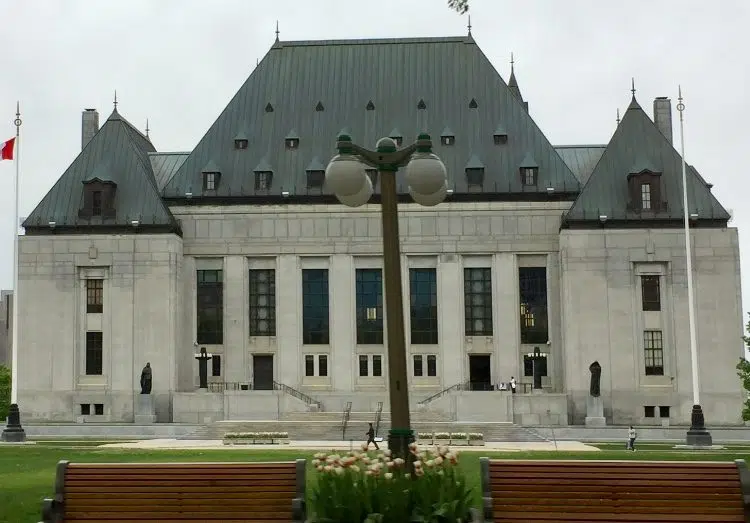The Supreme Court of Canada has ruled in favour of the Lac Seul First Nation, determining $30 million is not enough to account for the loss of their reserve land without considerations being given to the land’s value to the hydroelectricity project.
In 2017, Lac Seul originally sought over $500-million in compensation and damages.
The case sparked from part of the Lac Seul First Nation reserve land being flooded for a hydroelectricity project that began in the late 1920s. The project involved the governments of Manitoba, Ontario, and Canada.
Justice Andromache Karakstanis ordered the case to return to the Federal Court where the compensation will be reassessed. Chief Justice Wagner and Justices Abella, Moldaver, Brown, Rowe, Martin, and Kasirer all agreed.
Justice Suzanne Côté disagreed, believing the trial judge made no mistake when determining the $30 million compensation.
The majority of the judges stated:
“17% of the LSFN Reserve — 11,304 acres or approximately 4,575 hectares — is now permanently flooded. Homes were destroyed, as were wild rice fields, gardens, haylands, and gravesites. Fishing, hunting, and trapping were all impacted. The community was separated because one part of the reserve became an island. And, despite the sacrifices suffered by the community to make the hydroelectricity project possible, the reserve was not provided with electricity until the 1980s.”
Those that agreed there needed to be a greater compensation cited Canada’s “fiduciary duty” towards Indigenous people. This means the nation needs to act with in the best interest of Indigenous Peoples, especially if it concerns reserve land.










